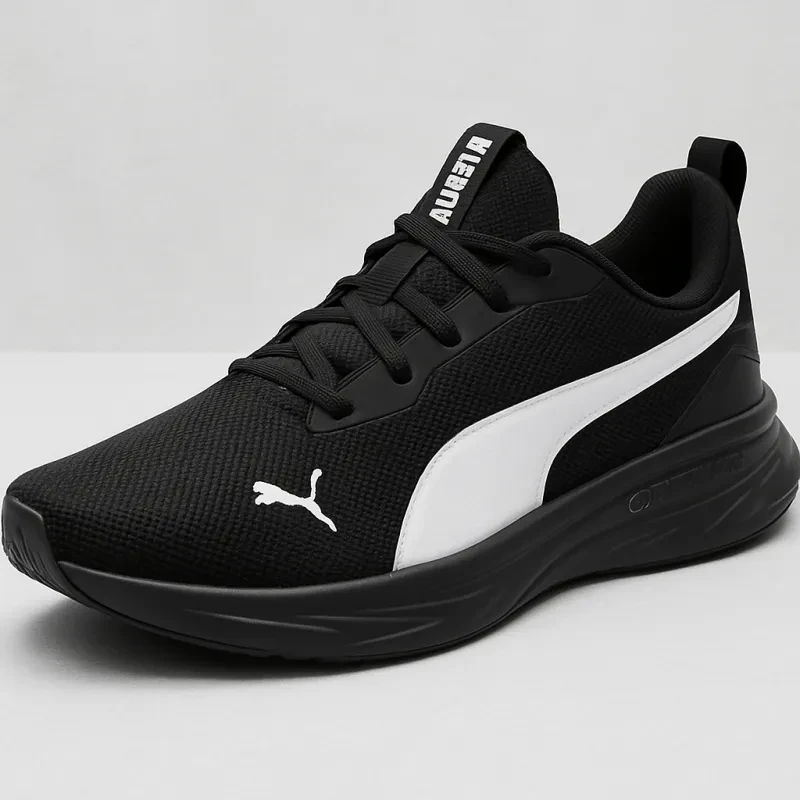Start by setting a weekly mileage goal that challenges you but is also attainable. Gradually increase your distance each week to avoid injury while allowing your body to adjust to longer runs. This progressive increase in mileage is pivotal in learning how to build endurance for trail running. Remember, building stamina is a marathon, not a sprint. Patience is key, as it may take weeks or even months to improve your endurance significantly.
Incorporate variety into your training plan to keep things interesting. Mix in tempo runs, hill repeats, and easy recovery days. Each type of workout serves a purpose—tempo runs improve your speed, hill workouts build strength, and recovery days help your body heal. This balanced approach helps you build endurance and reduces the risk of burnout and injury, which can derail your progress.
Lastly, consider the power of cross-training. Activities such as cycling, swimming, or even yoga can enhance your overall fitness and help build endurance without putting additional strain on your running muscles. By diversifying your training regimen, you'll boost your stamina and develop a well-rounded physique that will serve you well on those challenging trails.
Nutrition Tips for Endurance Runners
Nutrition plays a crucial role in mastering endurance for trail running success. Fueling the body properly for endurance runners can improve performance and faster recovery. One key tip is to focus on a well-balanced diet rich in carbohydrates, proteins, and healthy fats. Carbohydrates are essential for providing the energy needed during long runs, while proteins help with muscle repair and recovery.
Another important aspect of nutrition is hydration. Staying properly hydrated is vital for maintaining endurance during trail runs. To replenish lost minerals, it is recommended to drink water throughout the day and use electrolyte drinks during longer runs. Consider carrying a hydration pack or water bottles to ensure you can access fluids while training.
Practicing your nutrition strategies during training is beneficial for finding what works best for you. Test different snacks or energy gels to see which ones provide the energy boost without causing any stomach discomfort. Knowing how to build endurance for trail running involves understanding how your body reacts to different foods, especially before and during long runs.
Lastly, remember meal timing. Eating a well-balanced meal a few hours before your run can set you up for success. After your run, prioritize a post-workout meal with a healthy mix of carbohydrates and protein to aid recovery. You can enhance your performance and enjoy the trail running journey by paying attention to your nutrition.
Mental Strategies for Long Trails
Running long trails can be as much a mental challenge as a physical one. To succeed, you need effective mental strategies to help you push through fatigue and stay focused during your journey. Understanding how to build endurance for trail running goes beyond just training your legs; it's equally important to prepare your mind for the demands of the trail.
One helpful strategy is to break the run into smaller, manageable sections. Instead of thinking about the entire distance, focus on reaching the next landmark, such as a tree, a boulder, or the next aid station. This technique helps make the distance feel less daunting and gives you frequent moments of accomplishment. Each small victory can boost your confidence and motivate you to keep going.
Visualizing your success is another powerful mental tool. Before your run, spend a few moments picturing yourself completing the trail with energy and enthusiasm. Imagine how it feels to cross the finish line or to reach key points on your route. This practice can help you cultivate a positive mindset, making it easier to tap into your reserves when challenges arise during the run.
Additionally, staying present in the moment can enhance your running experience. Rather than worrying about how much farther you have to go, focus on your breath, the rhythm of your feet hitting the ground, and the beauty of your surroundings. By immersing yourself in the experience, you can distract your mind from discomfort and fatigue, enabling you to enjoy the journey more fully.
Gear Essentials for Trail Running
Having the right gear can make all the difference in trail running. Investing in quality equipment enhances performance and ensures safety and comfort on rugged terrain. As you embark on your journey to master endurance for trail running success, here are some gear essentials to consider.
First and foremost, a good pair of trail running shoes is crucial. Unlike regular running shoes, trail running shoes are designed with rugged soles that provide better traction and grip on uneven surfaces. Look for shoes that offer stability and protection, especially on rocky paths. A shoe that fits well will help you maintain form and reduce the risk of injury, which is essential when learning how to build endurance for trail running.
In addition to shoes, appropriate clothing plays a significant role in your comfort. Choose moisture-wicking fabrics that keep you dry and temperature-regulated. Layering is also a good strategy, allowing you to adjust your clothing based on changing weather conditions. Remember to invest in a lightweight, breathable jacket that can protect you from wind or rain without adding extra weight to your gear.
Finally, hydration and nutrition are key components for long trail runs. A hydration pack or belt can be a game-changer, enabling easy access to water and electrolytes while you move. Bringing along energy gels or snacks will ensure you maintain your energy levels throughout your run, allowing you to focus on building endurance. Finding the right balance of hydration and nutrition can substantially impact your performance on the trails.
DISCLAIMER
This document is provided for general information purposes only and should not be relied upon as providing legal advice, technical, or specific operational guidance to the reader, whether as to the practices described in the document or the applicable legal requirements and regulations.{save onsneaks.com} expressly disclaims any responsibility for liability arising from or related to the use or misuse of any information in this document.





